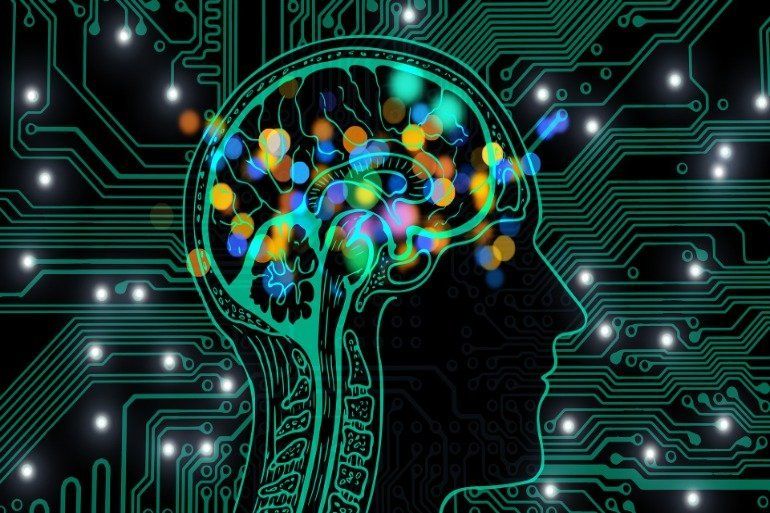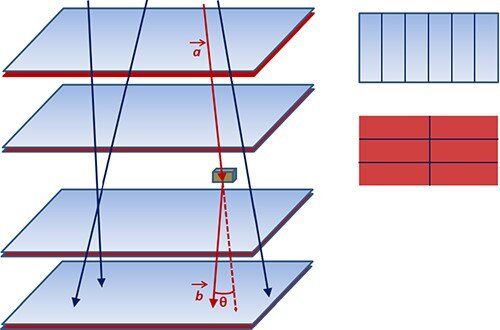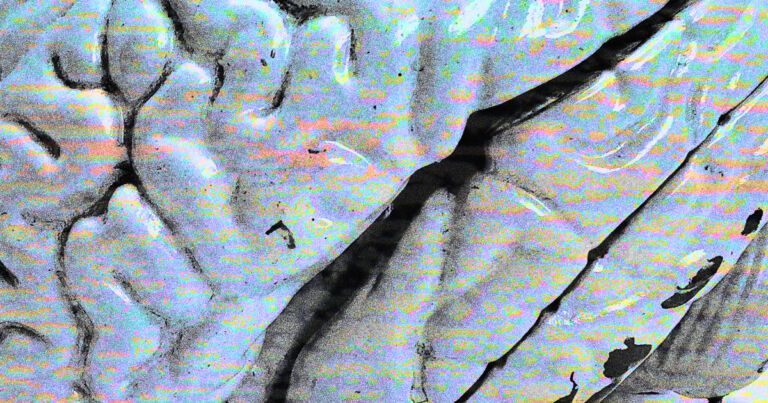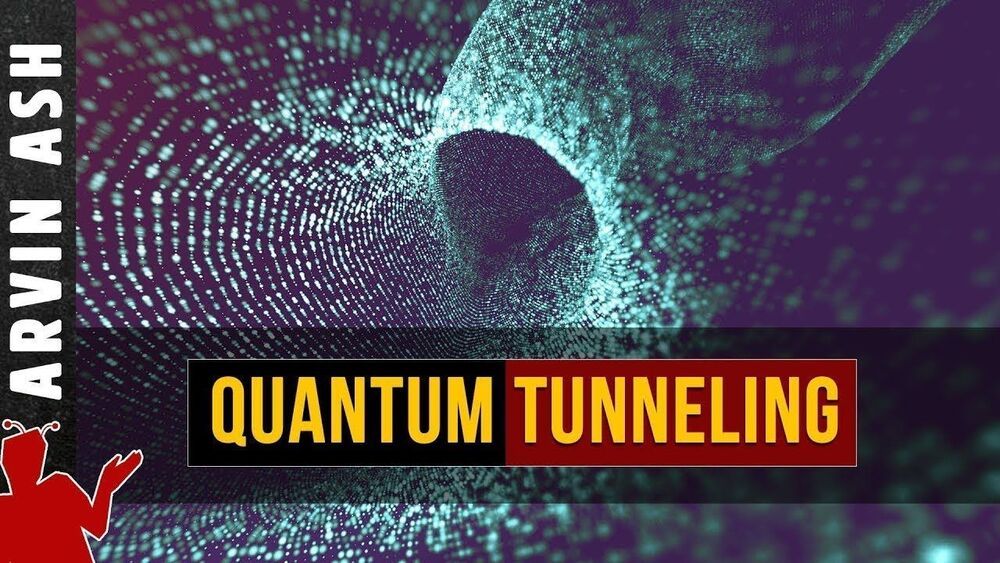
But the human eye can only see so much, even with the help of a microscope; despite embryologists’ efforts to select the “best” embryo, success rates are still relatively low. “Many decisions are based on gut feeling or personal experience,” said Embryonics founder and CEO Yael Gold-Zamir. “Even if you go to the same IVF center, two experts can give you different opinions on the same embryo.”
This is where Embryonics’ technology comes in. They used 8,789 time-lapse videos of developing embryos to train an algorithm that predicts the likelihood of successful embryo implantation. A little less than half of the embryos from the dataset were graded by embryologists, and implantation data was integrated when it was available (as a binary “successful” or “failed” metric).
The algorithm uses geometric deep learning, a technique that takes a traditional convolutional neural network—which filters input data to create maps of its features, and is most commonly used for image recognition—and applies it to more complex data like 3D objects and graphs. Within days after fertilization, the embryo is still at the blastocyst stage, essentially a microscopic clump of just 200–300 cells; the algorithm uses this deep learning technique to spot and identify patterns in embryo development that human embryologists either wouldn’t see at all, or would require massive collation of data to validate.
Continue reading “How an Israeli Startup Is Using AI to Help People Make Babies” »


















